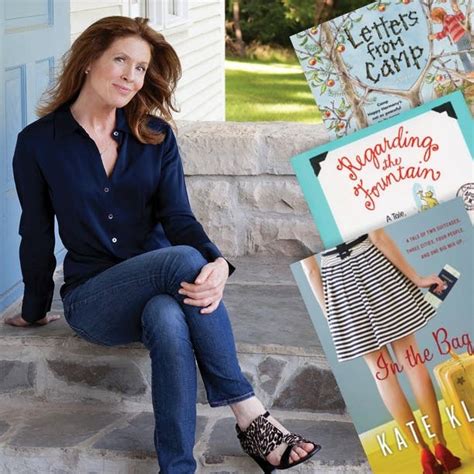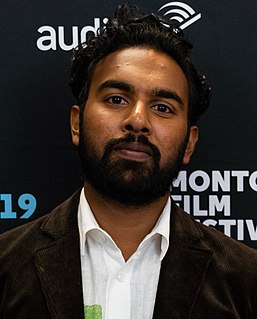A Quote by Kiese Laymon
The "How to Slowly Kill Yourself and Others" essay was so hard to write because of the memories, the sensory stuff, but also because it didn't follow the form of any essay that I've ever read. And the truth that I was exploring necessitated that obliteration of traditional form, I think.
Related Quotes
I began researching and writing what I intended as a book-length essay entitled Fascination and Liberation, exploring the question of whether there is a conflict between creativity and the Eastern form of enlightenment. I don't know if I'll ever finish that essay, because I had an experience, after I'd written two or three chapters, in which it seemed to me that my psychic antibodies decisively rejected Buddhism. Interestingly, the rejection felt as if it happened in Zen terms.
Of course it's possible for political essays to be artful. I just want to call into question the dominance of content over form in the history of the essay. I want us to recognize that there's art involved in making this stuff, because we still don't approach the constructed nature of the essay with the same appreciation that we do poetry or fiction.
Back in the day, a lot of our instructors in nonfiction were actually fiction scholars. So they would bring in stories as models for the essay. And in some ways that's a good idea, because we can all learn from other genres. But I think it also made me realize that I literally didn't have an essay model, and that if I wanted one I would have to find it.
I think there's much more privileging of the new in art. I think people want to think they privilege the new in writing, but I agree with Virginia Woolf. She wrote a great essay called "Craftsmanship" about how difficult it is to use new words. It's really hard, but you see them coming in because obviously, if you're going to write... I mean, even to write "cell phone" in a novel - it's so boring.
Through death you find yourself, because you no longer identify with form. You realize you are not the form with which you had identified neither the physical nor the psychological form of "me". That form goes. It dissolves and who you are beyond form emerges through the opening where that form was. One could almost say that every form of life obscures God.
I have these guilts about never having read Chaucer but I was talked out of learning Early Anglo-Saxon / Middle English by a friend who had to take it for her Ph.D. They told her to write an essay in Early Anglo-Saxon on any-subject-of-her-own-choosing. “Which is all very well,” she said bitterly, “but the only essay subject you can find enough Early Anglo-Saxon words for is ‘How to Slaughter a Thousand Men in a Mead Hall’.
The book was just something that came along after we played the Super Bowl and I wrote a little essay that went online. Then I had two or three weeks and I said, wow, that essay was pretty good. Maybe I'll try and write some other stuff. Writing about the depression, I just felt - you know, when you write a book like this, you have to open up your life. You have to be willing to do so to a certain degree.
For me, one of the reasons I love this form - the personal essay form - is because it's a way of forming an intimacy with the reader. What I'm saying to the reader is: I'm going to tell you something; I'm going to be generous; I'm going to offer. The confession, on the other hand, is sort of an imposition because you're asking the reader to forgive you or somehow exonerate you or say, "Hey, I'm even worse." But what I'm interested in doing is being generous and offering a perspective or suggesting a way of thinking about something.
Our job as friends, mentors, parents, and writing coaches is not to write anyone's college essay. That's cheating. Plus, it sends a discouraging message to the teenager that he or she can't be trusted with this important assignment. Trust the student to write the essay, but verify that it gets done. Gentle editing and proofreading are allowed.





































